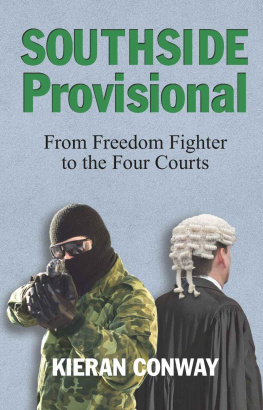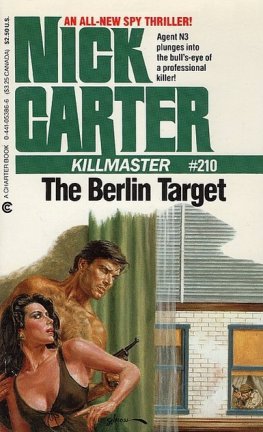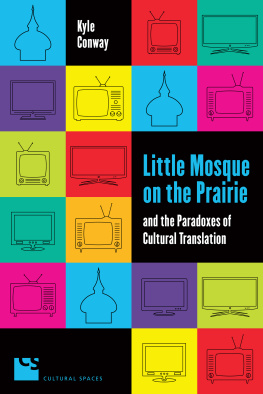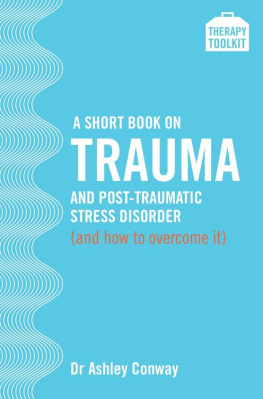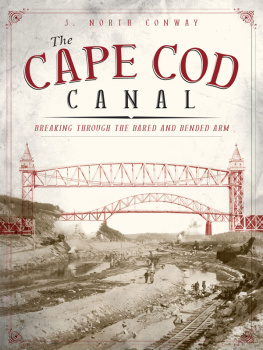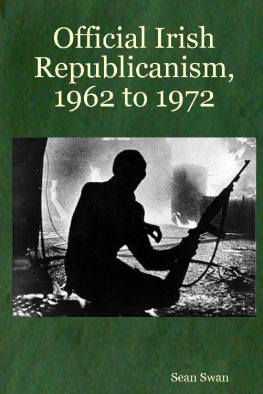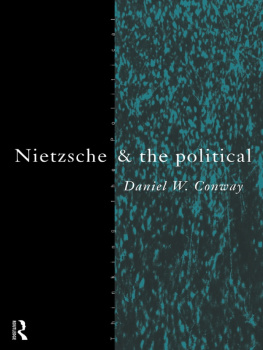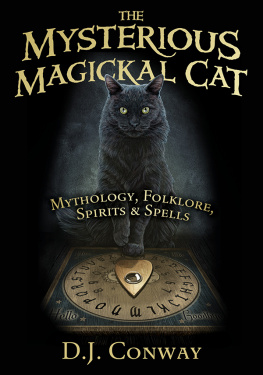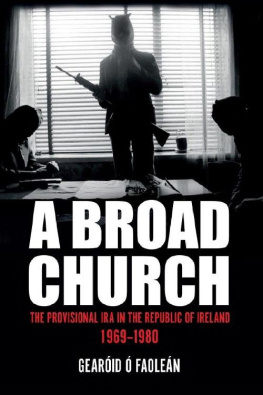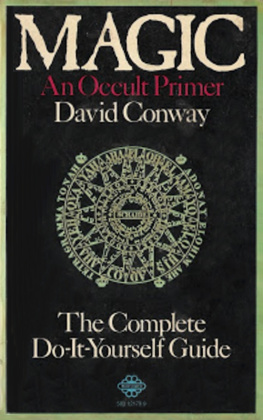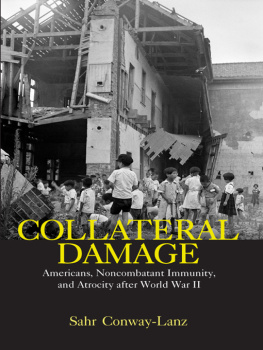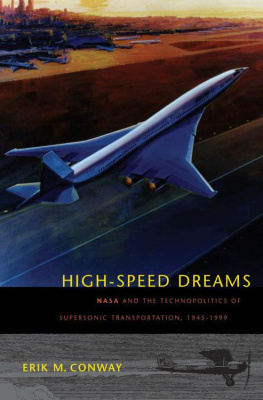Southside Provisional
From Freedom Fighter to the Four Courts
Kieran Conway
Published by
Orpen Press
Lonsdale House
Avoca Avenue
Blackrock
Co. Dublin
Ireland
email: info@orpenpress.com
www.orpenpress.com
Kieran Conway, 2014
Paperback ISBN 978-1-909895-55-3
ePub ISBN 978-1-909895-56-0
Kindle ISBN 978-1-909895-57-7
PDF ISBN 978-1-909895-58-4
A catalogue record for this book is available from the British Library. All rights reserved. No part of this publication may be reproduced, stored in a retrieval system or transmitted in any form or by any means, electronic, mechanical, photocopying, recording or otherwise, without the prior, written permission of the publisher.
This book is sold subject to the condition that it shall not, by way of trade or otherwise, be lent, resold, hired out, or otherwise circulated without the publishers prior consent in any form of binding or cover other than that in which it is published and without a similar condition including this condition being imposed on the subsequent purchaser.
In memory of Kevin and Imelda Conway
And, to the IRA volunteers and republican supporters referred to herein
Contents
T here was nothing in my past to suggest that I might one day join the IRA. My parents both came from Fine Gael backgrounds and, in so far as they bothered with politics at all, they voted with their histories. My earliest republican memories are of the celebrations surrounding the 1916 Rising commemoration in 1966 and the blowing up of Nelsons Pillar the month before. De Valera, the ancient president, surrounded by grey men in hats and grey coats. While I saw pieces of it on television, it meant nothing to me; the fact that it was being celebrated by adults placing it past consideration. Nor, beyond a vague bemusement, was I moved one way or another by the disappearance of the Pillar. The first stirrings of trouble in the North, the rise of Paisley and a murderous Ulster Volunteer Force, passed me by.
I went to a Catholic middle-class secondary school, Blackrock College, and shared the normal teenage interests of the 1960s: English pop music, English football and English teenage culture generally. I knew no one who didnt cheer when England won the World Cup in 1966; no one for whom London or Liverpool wasnt a spiritual capital. Ireland, and Gaelic Ireland in particular, was hopelessly backward; the culture a strange anachronism. The language was, for me, particularly hateful and one of the few points where as a teenager my sentiments matched those of my father, whose sole political involvement aside from voting for Fine Gael was support for the Language Freedom Movement, a ginger group that campaigned against compulsory Irish in the 1960s. Along the 46A bus route on which I would travel occasionally was graffiti condemning free trade with Britain. Even this seemed stupid. Protectionism merely meant we were denied Opal Fruits and Mars bars and wore clothes inferior to those available to our English counterparts.
Everything about the country seemed mean and petty compared to the great liberal oasis across the water. My father, a civil engineer, had worked for the British colonial service in Malaya, and at the age of nine I had gone to an English prep-type boarding school there. The school was co-ed and civilised and I dont remember raised voices, far less the casual brutality then endemic in the Irish Catholic educational system. At home on leave and staying with my mothers family in County Mayo, a teacher from the local Christian Brothers sent another child out to cut a branch off a tree with which to beat me. My offence: the slighting of a visiting priest by failing to leap to my feet at the requisite speed. Great welts and bruising on my nine-year-old hands; I was, for him, some sort of hated symbol with my perfect manners and little English voice.
The family, which by now included my younger brother and sister (a second sister arrived some years later), came home for good when I was eleven and I was sent to board with the Jesuits in Mungret, County Limerick, my fathers home county. They were less brutal than the Brothers but more controlled. In Mungret you could only be beaten by designated priests at designated times; the teachers literally marked your card with the issue of a chit that had to be cashed in within, as I recall, seven days. But that would come later. In the first year I engaged fully with the priests, did well in class and became deeply immersed in Catholicism, my favourite reading the lives of the saints. Adolescent rebellion arrived on cue in second year and, as I began to smoke and hang around with some of the tougher boys, I entered into a standard cycle of punishment and resentment. With my school results in freefall, my parents decided to move me to where they could keep a better eye on things.
Blackrock College, where I was sent at the age of thirteen, was big and overblown, with six streams to each year. It was the sort of school in which it was easy to get lost and I certainly did, settling into the unchallenged ease of middle-stream classes. I announced myself an atheist at fifteen, sparring with the teacher during religion class and shocking my friends when I refused to go to confession during the fifth-year retreat. I stopped going to Mass, walking the seafront below Glasthule on Sundays while waiting for the others to come out, thrilling at the play of the mortal sin on my possibly still immortal soul.
I drifted into sixth year unmarked, as I thought, by the school. Then, at the age of sixteen, my favourite teacher, Seamus Grace, asked us in English class what we were reading. I had recently broken up with my long-term girlfriend and, between that and my desolate atheism, was hard at work honing my sensibility. When my turn arrived, I told the teacher, quite proudly since most of the class read comics, that I had read, amongst others, Ian Fleming. He responded, Im surprised at you, Conway, words that shocked and stung me. He then gave us a list of novelists, at the top of which were Graham Greene and George Orwell, and I went on to read them in great bouts of intensity. They were immediate influences, respectively validating my teenage instincts about, on the one hand, God, death and love, and, on the other, money, politics and the sharp unfairness of the ordered world. News broadcasts regarding Rhodesia, South Africa and Vietnam began to make some sense as it slowly dawned on me that there were noble adults and live causes that were supported by them.
Literature became my new world, its suffering men my heroes. I walked Killiney Hill late at night arguing life, religion and politics with friends. I was in love with all humanity well, in the abstract anyway. My sympathy never did quite stretch to the 1960s remnants of conservative Gaelic Ireland. Brendan Bowyer and the assorted hillbillies for us were musical throwbacks to the 1950s and no match for the Beatles or the Rolling Stones, far less the depths of Bob Dylan and, later, Leonard Cohen. However, while we may have affected to despise the culchies and their showbands, it didnt stop us hanging around the Ierne and other Dublin ballrooms where we would try to con the country shop girls and student nurses that we were university students, it being thought they were easier than the sophisticates from the Loretos and other Dublin convent schools.
When I left school in the summer of 1967, a group of us went to work in the Smedley canning factory in Spalding, Lincolnshire, living in Nissen huts on an old World War II RAF base. We had to pass through London to get there and, while we waited for a train to take us north, went down to Carnaby Street, where on a damp Sunday morning we stood and marvelled at the checked hipsters and coloured shirts and jackets on display in the windows. This was the first time I had relatively serious money and could manage more than the couple of beers possible in Dublin on a Saturday night. We downed gallons of bitter and Double Diamond, and drank ridiculous multiples of vodka, whiskey, gin and rum, as we vied with each other to see who could drink the most. One of the lads, with me in tow, braved the local chemist to buy Durex to bring home. What size do you want? asked the elderly male chemist, sending my friend away red-faced in defeat. Though he recovered sufficiently to succeed elsewhere, I passed on the purchase, quite certain I knew no girls who were that advanced.
Next page
